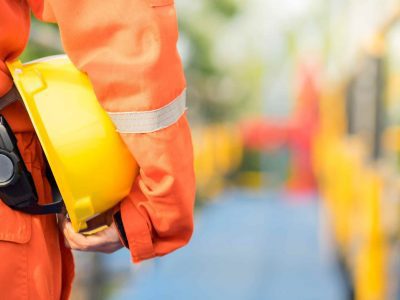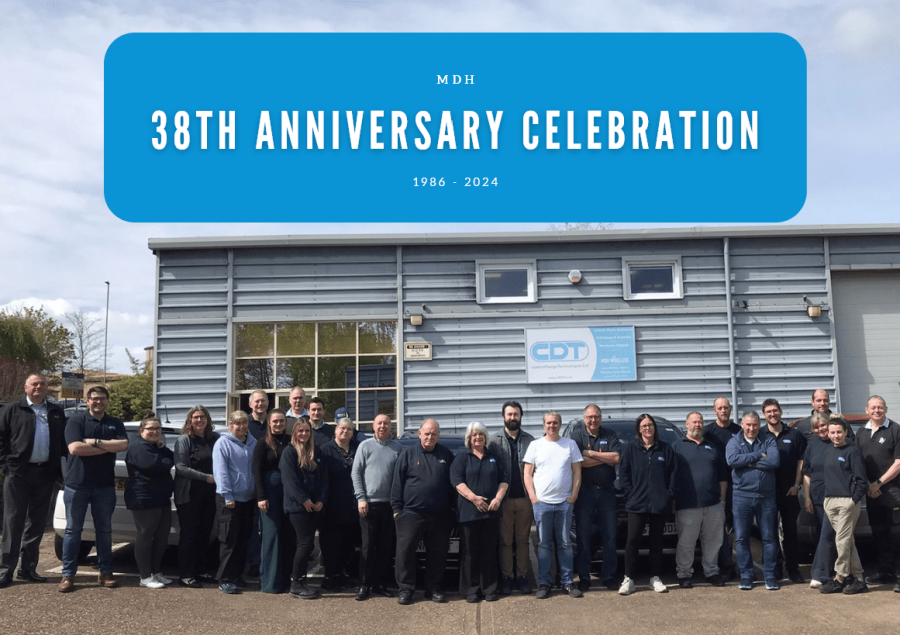As an employer in the UK, you have a moral and legal duty of care to your employees to protect them from unnecessary risk whilst they are carrying out their duties. Since the pandemic, there has been an increasing number of lone workers in warehouses, offices and factories across the UK.
Once you have identified that you require a lone working alarm system, then you need to consider your employee requirements, your infrastructure and the risk levels. By asking these questions you can choose the lone worker system that best meets the needs of your business’s lone workers.
1. What is the nature of the risks that your lone workers may encounter?
Whilst lone workers face the same hazards at work as anyone else, they are at greater risk of these hazards causing harm as they may not have anyone to help or support them if things go wrong. Common risks faced by lone workers include illness and injury, abuse or assault, or environmental dangers.
The level and type of risk faced by your lone workers will help to determine the safeguards and measures you put in place to protect them. These measures can include extra training, supervision and/or a monitoring system. Lone workers fall into three main categories:
- Public facing workers such as social workers, nurses, lifeguards or charity workers
- Fixed location workers – office, construction or factory workers based on site but with limited contact with others
- Mobile lone workers who do not work at a fixed location.
Once you understand the nature and level of risk involved you can start to put safeguards like a monitoring system in place to help reduce the risks lone workers face.
Both wired and wireless lone working alarm systems are suited for public-facing and fixed location lone workers. While mobile lone workers would benefit from a GPS or smartphone solution depending on the remoteness of the location and signal strength.
Wireless alarm systems are usually less expensive than wired systems, and because all the system components are wireless, it is easier to install, upgrade or even relocate if necessary. Each separate component can be placed anywhere on the premises without the need to work within the limitations of wiring. There is less disruption and mess as there is no need to drill holes to install and hide unsightly wires.
2. Wired versus wireless lone working solutions which are best?
For users, they are also easy to set up, use and maintain. The transmitters are battery-powered. The batteries last for 3 – 4 years.
3. To integrate with your existing IT and telecoms infrastructure, or not?
A wireless alarm system is a stand-alone system and needs no integration which means no hard wires, disruptive construction work or comprised network security. Instead, radio waves provide a clean, stable signal to communicate between devices. No internet access is required and they are quicker and easier to install as no physical connection to existing infrastructure is required.
4. Will the response element be managed internally, or outsourced to an alarm call centre?
If cost-effectiveness is important then a self-managed lone worker system, compared to outsourcing it to a third party with the ongoing contract costs, is the way to go.
Managing an alarm response internally does require a level of commitment from your organisation to manage internally, so having a quality product with excellent support is important. Some organisations prefer to outsource to a dedicated alarm call centre.
5. What is the ease of use/level of training required?
Integral to any risk reduction is the right training and the confidence to use any man down or lone worker devices and manage the overall system correctly. These aspects should also be considered when choosing a system as well as the ongoing support and training resources provided.
6. Are scalability and customisation important?
Consider whether an off-the-shelf, one-size-fits-all safety solution meets all your needs. The best way to decide what your needs are is to book a no-obligation, free site survey which will highlight potential issues and give you ways to enhance response and coverage options.
Also, the ability to customise features and response mechanisms tends to make the system more robust and user friendly.
To conclude…
Taking time to consider these key questions will ensure you proactively manage the health and safety risks of your lone workers and those contracted to work for you (including those self-employed). If you would like to discuss any issues raised in this article, please contact us on (01280) 845530 or email info@mdh-uk.co.uk



 Celebrating our 38th Anniversary
Celebrating our 38th Anniversary